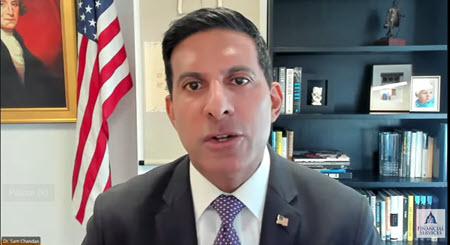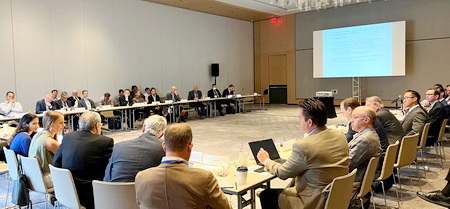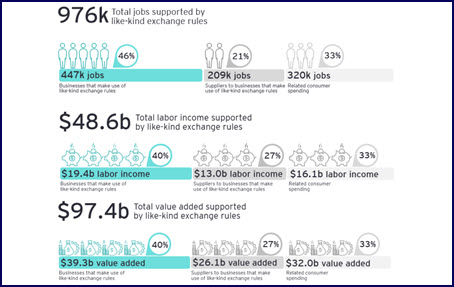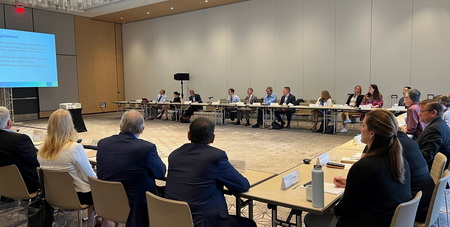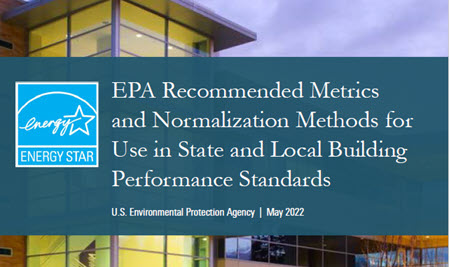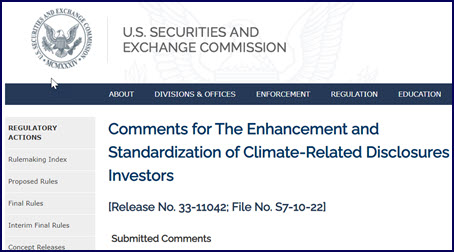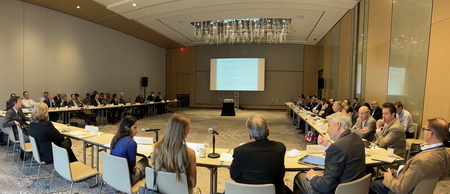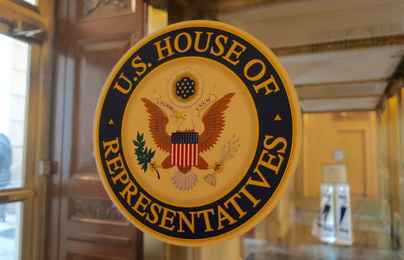
Rent increases, financial barriers to homeownership, and the growing role of institutional investors in single-family home markets were the focus of two hearings in the House this week. Committee Democrats blamed corporate landlords for exacerbating affordable housing problems as Republicans emphasized high inflation and excessive government spending as the root causes. (Axios, June 29 and GlobeSt, June 30)
Views from the House
- During the June 28 House Financial Services Subcommittee on Oversight & Investigation hearing, “Where Have All the Houses Gone? Private Equity, Single Family Rentals, and America’s Neighborhoods,” Chair Al Green (D-TX) stated policymakers are examining “… troubling issues regarding the mass predatory purchasing of single-family homes by private equity firms, including the adverse impact predatory purchasing has had on first-time home buyers, the working class, and people of color.” (July 28 House committee hearing memo)
- Subcommittee Ranking Member Tom Emmer (R-MN) countered that an 8.6% inflation rate is the cause of current affordable housing challenges—and Congress should focus instead on lowering the cost of living for Americans. (Hearing video, June 28)
- A June 29 full committee hearing entitled, “Boom and Bust: Inequality, Homeownership, and the Long-Term Impacts of the Hot Housing Market” included testimony from Sam Chandan (above)—Director of the Center for Real Estate Finance Research and Professor of Finance, NYU Stern School of Business—and a member of The Real Estate Roundtable’s Research Committee. (July 29 House committee hearing memo)
- Chandan cited Freddie Mac research published this month that shows, “Nationally, the institutional investor share of the market has risen since just prior to the pandemic, but still only accounts for approximately 2.5 percent of home sales. By way of comparison, individual investors and other non-institutional investors account for 24 percent of the market, nearly ten times the institutional share.” (Chandan’s testimony and hearing video, June 29)
- Chandan also noted that housing equity gaps and the shortfall of affordable housing can only be addressed with a long-term, multifaceted approach that includes reforming local building codes and zoning, improving the supply of construction materials, and investments in public transportation that open new land development opportunities.
Responses

- David Howard, executive director of the National Rental Home Council, submitted a statement for the hearing record that included: “As a multitude of data consistently shows, the answer to the question posed in the title of this week’s hearing, ‘Where Have All the Houses Gone?’ is they were never built. Simply stated, the supply of housing in the United States has not kept pace with demand.”
- Roundtable President and CEO Jeffrey DeBoer, above, stated, “Expanding the supply and availability of affordable housing deserves a coordinated local, state, and national policy action plan. Local zoning restrictions, permitting issues, and the oversized influence of NIMBYs—coupled with high and now significantly rising labor and material costs—are the true factors limiting housing supply, and in turn, increasing housing costs.”
The Roundtable’s 2022 Annual Report states, “The affordable housing shortage is one of the most important and complex political problems in America, and The Roundtable continues to work with our national real estate organization partners to jointly advocate for policies that will help enhance the supply of safe, affordable housing.” (Housing section, 2022 Annual Report)
# # #
